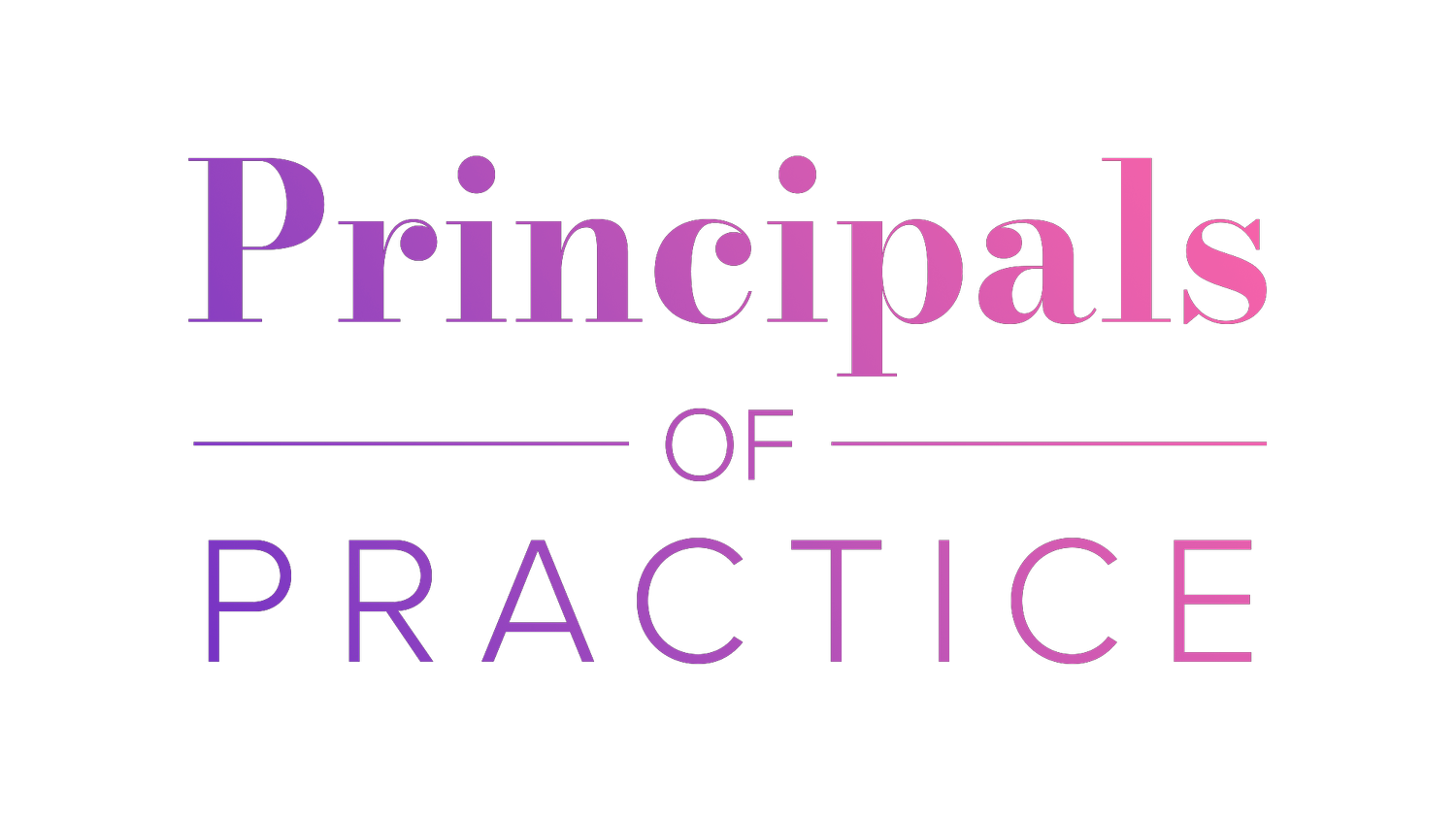Resilience: code for ‘toughen up, cupcake?’
Everyone is talking about resilience. Managers want resilient teams, ambitious individuals are actively trying to develop their resilience and our children are being ‘taught’ it at school. The pandemic has made the concept even more popular but I’m not sure many people know what it really means.
The danger of a term becoming a buzzword or mainstreamed is that it can become generalised and lose nuance of meaning. For some people, I suspect ‘resilience’ has become code for:
· ‘toughen up’
· ‘push down/ignore your emotions and carry on’
· ‘forge ahead, at any cost’.
My suspicions make me wonder whether the concept of resilience is really understood, or if it has been misappropriated as a tool that can actually end up doing more harm than good. For example, how helpful is it to champion resilience if at the same time access to the coping strategies resilient people turn to might be limited?
What resilience really means
We have all heard resilience being described as the ability to ‘bounce back.’ But what does bouncing back mean? And what sort of qualities or capacities do you need to develop if you want to build resilience?
Psychology Today defines resilience as: “That ineffable quality that allows some people to be knocked down by life and come back stronger than ever. Rather than letting failure overcome them and drain their resolve, they find a way to rise from the ashes.”
If you are struggling to bounce back from setbacks, take a look at the checklist below which describes characteristics, traits and coping mechanisms of resilient people. The list is based on research from Glenn Schiraldi, Dr Carine Nzodum, Kendra Cherry, Dr Caroline Rook and Kira M. Newman.
You need some stress, first
The first thing you need in order to develop resilience is emotional distress – you need to experience disappointment and setbacks before you can learn how to deal with them. So, if you are struggling right now, you might be off to a good start!
As you work your way through the checklist, try to determine which of the characteristics or coping strategies are missing from your life. Which ones can you develop to become more resilient?
o EMOTIONAL LITERACY. How developed is your emotional vocabulary? Can you feel and manage a wide range of emotions? Are you conscious of your emotions as you move throughout the day? Do you know what your emotions mean? Are you able to shift from one mood or emotion into another with relative ease?
o POSITIVE VIEW OF YOURSELF. Do you exercise self-compassion or exhibit high levels of self-esteem?
o PROBLEM-SOLVING. Can you pull together a realistic plan to navigate a setback and keep you on track?
o AUTONOMY AND PURPOSE. Do you have a clear vision and purpose about what you want to achieve and the impact you want to make? Do you feel you have control over your destiny?
o OPTIMISM. Do you see your setbacks as temporary?
o SUPPORT AND COMMUNITY. Do you have a support system where you have a strong sense of connection and belonging? Do you have people you can share your feelings and experiences with?
o MINDFULNESS OVER YOU. Do you prioritise your health, wellbeing and self-care? Do you take time out to recharge?
o TYPES OF FEELINGS. Altruism, love, happiness, gratitude, hope and compassion: how often do you live these values and emotions? Do you spend more of your time in these emotions than you do feeling sad, resentful, resigned or indifferent? What other feelings do you experience most of the time?
o ADAPTABILITY. How receptive are you to embracing the new and different?
o ROUTINE. Do you have a routine to keep you on track?
You might also want to complete an assessment tool to gauge how resilient you are. You can find a good one at https://www.robertsoncooper.com/iresilience/
The points in this checklist will provide you with good signposts on the road to resilience. If you’re lacking in an area, you might want to develop it to help build resilience. Also, it’s just as important to know when to keep going to overcome a challenge, and when you should back off and change plans altogether.
If you’re not sure where to start, please do get in touch at katie@principalsofpractice.com

